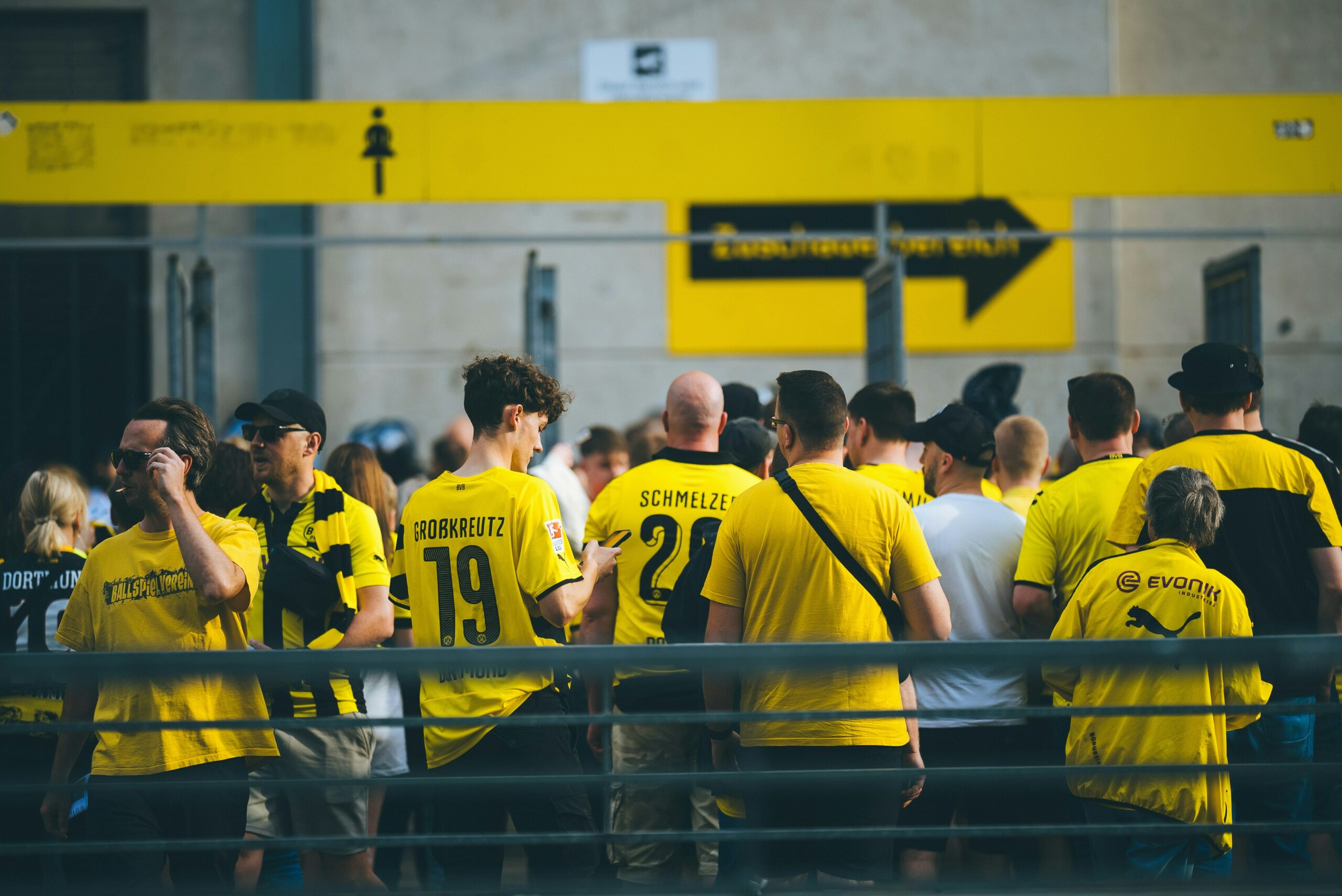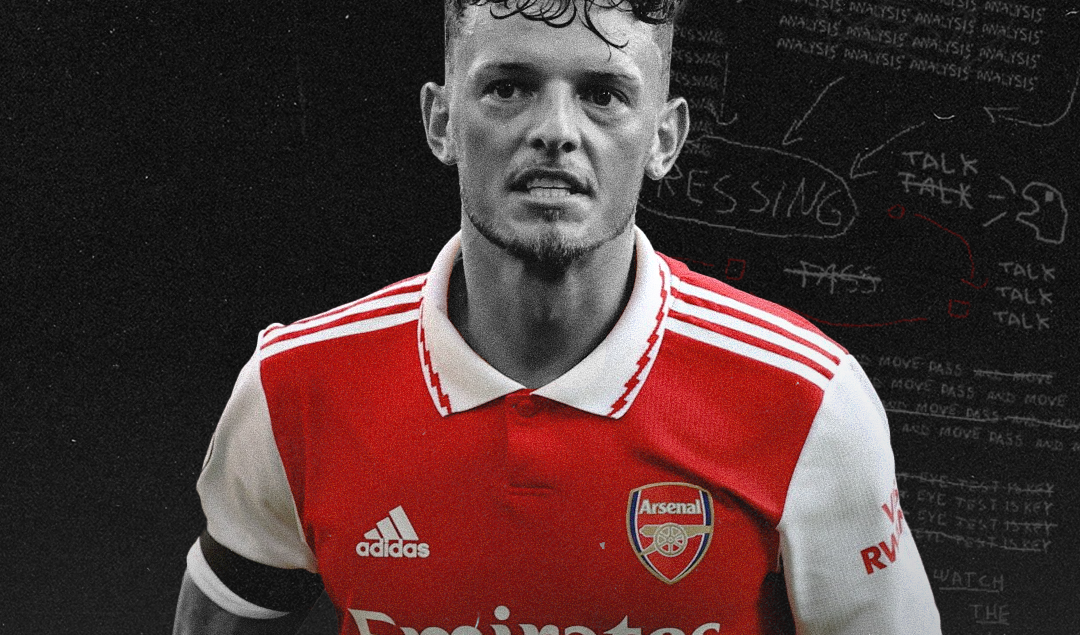Champions League Changes – How Are They Panning Out?

Lots of football league structures are seen as untouchable. People don’t tend to want much change in these sporting leagues – they’re used to how the Premier League works and how the FA Cup works.
UEFA is an organization not afraid of change and we’ve seen this at the start of the 24-25 season as they introduce a new league structure to the Champions League. But how is it working?
People who have been playing Football Manager games may already know the changes inside out (they may have been playing like this in their own saves) but for a lot of people, it has been seen as a slightly strange deviation.
What the New Changes Mean
Before exploring the actual shift in the tournament rules and format we should look at the reasons for the changes and what this means.
The bigger audience is definitely something that UEFA chiefs will have thought about. The more teams it can introduce to the biggest tournament (and the more countries they are from) the better it is for eyeballs watching.
The extra exposure to new audiences is something that is also relevant to the gambling industry. More teams have resulted in there being more fixtures which means even more coverage. Coverage of all sports is growing and as users can see when they visit Thunderpick as an online sportsbook offering there are more markets and sports being covered. Extra fixtures mean another chance for sports betting companies to run promotions or simply cover the games and offer markets.
Football’s popularity with sportsbooks and other similar sites means that there is almost always a big audience when the games are covered. This can also lead to broadcasting packages being more appealing when they go to auction. The rights to broadcast UEFA games are worth billions (no exaggeration).
Dropping out of Europe is a big financial loss for clubs. We’ve seen the likes of Villarreal making huge improvements to the squad in an attempt to get back into those tournaments and bring the riches of being a Champions League team again.
The Format
In the Swiss Model that has been adopted the total number of teams involved will increase from 32 to 36. Each team will now play a series of 8 matches (4 home and 4 away) against different opponents. The unique aspect of this new model is that teams won’t play every other team in the league. A computer algorithm now decides each club’s opponents. This is something people have had mixed feelings about – could it lead to one team having a much easier route to the final?
This format sees each team play a wider variety of opponents during the league phase. Teams will be ranked in a single league table based on their results. The top eight teams will automatically advance to the knockout stages and the teams finishing 9th to 24th will enter a playoff round. The winners of this playoff round will join the top eight teams in the Round of 16. From this time onwards we see that the Champion’s League takes on its familiar format.
One of the most noticeable changes in this new system is the increase in the number of games even just adding a few more teams – we now see 36 teams and 8 matches per team in the initial league phase and by the time it is finished, there will be a total of 189 games played in the first phase of the competition. This is in comparison to the 96 games under the old system.
The Initial Reaction
The time to talk and debate the format is over. The action is here. So what has been the first reaction of people seeing the Champion’s League format?
Perhaps the most noticeable thing so far has been the mismatch between some of the teams. Last year’s runners-up thrashed Celtic 7-1 in one of their first fixtures and though this is extreme we have seen a lot of games with a three or four-goal winning margin. This has reduced some of the jeopardy, perhaps. It is up for debate – Real Madrid’s loss to LOSC could give people the impression that the opposite is true and that there are now more chances for the minnows to cause upsets.
It is truly too early to say right now but it seems that there may be few surprises in the top eight and bottom 12 positions. There are so many good teams that getting in the top eight is not going to be easy but it is likely to be made up of usual suspects in terms of the teams there rather than wildcards. This means the playoff round could give us some great ties as teams look to take their final chance to proceed to the final rounds.
Lots of people would always rather have more elite football but the early stages of this tournament will inevitably see some one-sided games.
